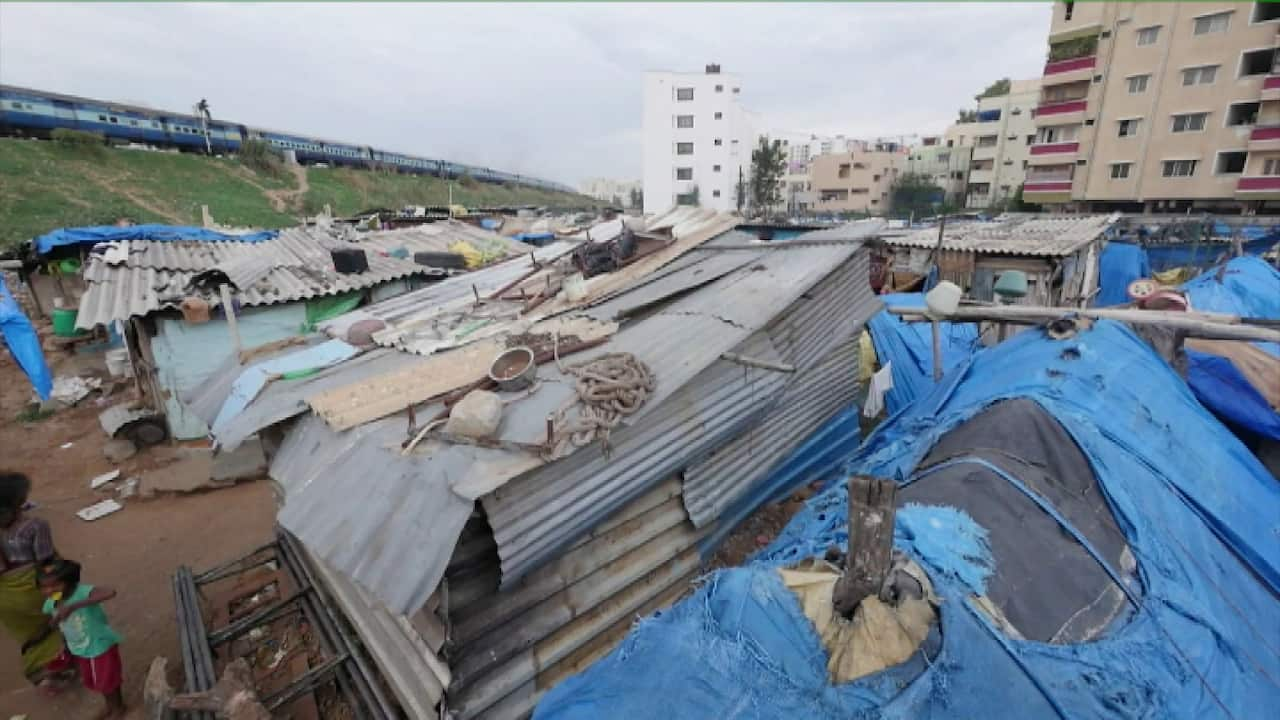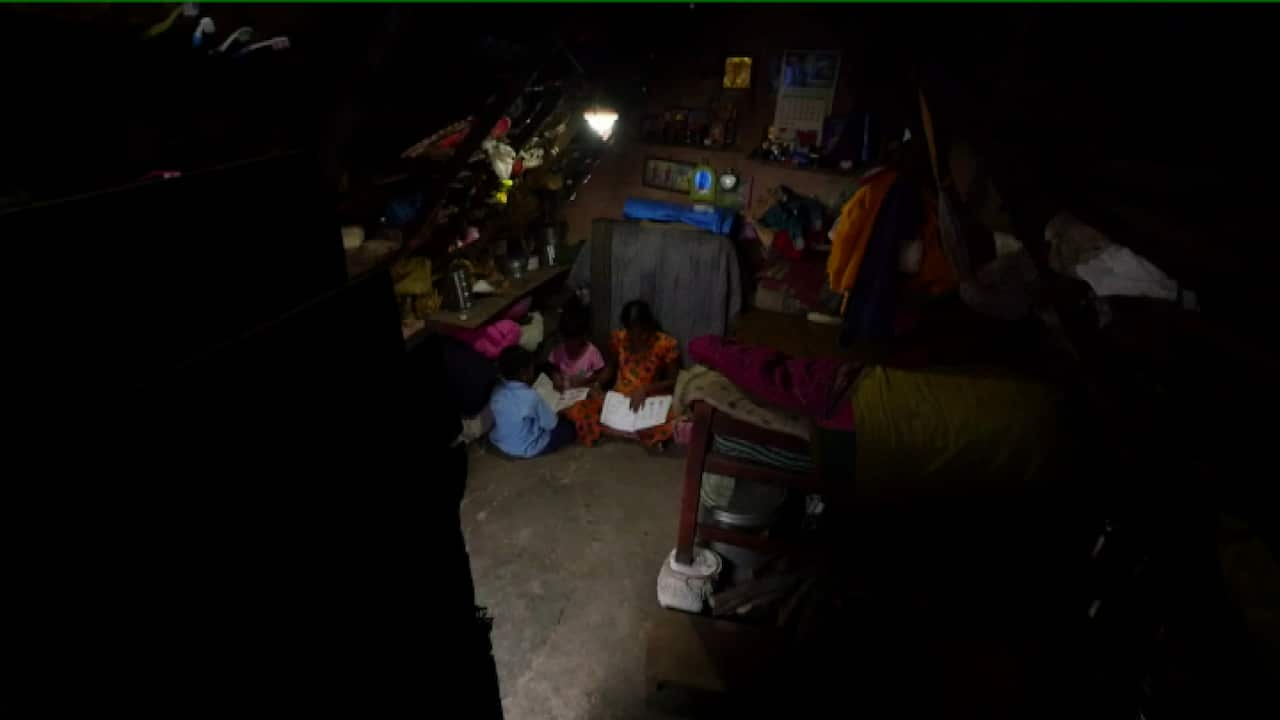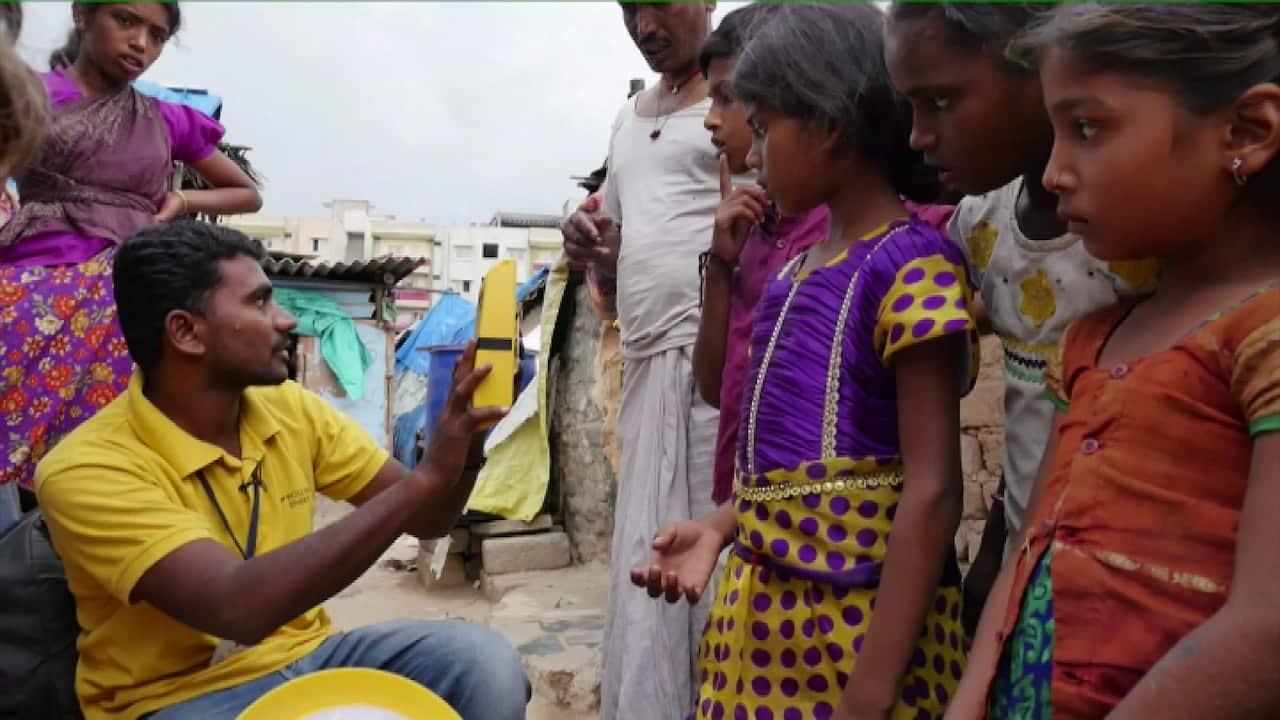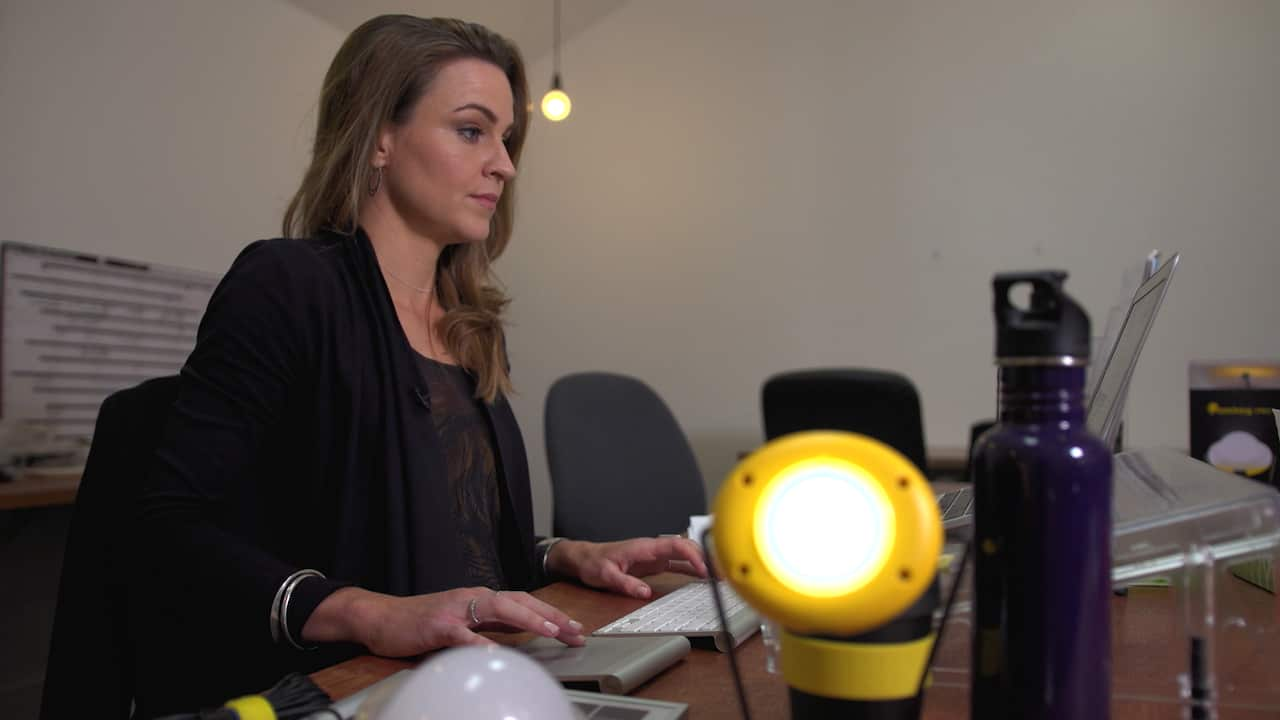Around 900 million people around the world live in urban slums, with a third concentrated in India alone.
These 300 million slum-dwellers live without adequate access to water, sanitation, and electricity. To light their makeshift homes, families light up kerosene candles once night falls.
Mums cook and children study by this candlelight, not knowing that breathing in the toxic kerosene fumes every evening is the equivalent of smoking two packs of cigarettes.
In fact, respiratory disease is one of the biggest killers of women and children in India. Not only are there health risks, but kerosene is also incredibly expensive for many of India’s poorest communities, despite only delivering 1-6 lux of light, while the recommended standard is 300 lux for reading.

Pollinate Energy tackles this issues head-on with its portable solar lighting devices, providing stable, brighter and sustainable lighting.
Health benefits aside, children can study at night, meaning they have the potential to be more educated and qualified in highly skilled jobs. Parents can also work longer hours to earn more income, instead of rushing home before nightfall to cook dinner.
So far, over 16,000 systems have been installed, reaching nearly 75,000 people and saving families 1.74 million litres of kerosene and 4.18 million kilograms of CO2 emissions.

However, the solar lights were a tough sell in the beginning. At around $30 each, they were far too expensive for their potential customers, who were living off $2 a day.
Instead, Pollinate founded a new model which involved employing locals, providing them with decent pay as well as sales experience.
The business model is simple – the employees, or ‘Pollinators’, reach out to communities to sell the solar packs. The Pollinators offer a payment plan, making it affordable for the poorest communities to repay a bit at a time. As these Pollinators are often a part of the communities as well, they’re able to provide customer service and assistance in language. So far, this project has only had a 1% default rate.

The Pollinators are also paid a commission with each sale – something that draws the line for where Pollinate can be considered a charity. Pollinate dances this delicate line between a non-profit and a business. It’s a social business, whereby it reinvests profits back into social cause after paying wages and necessary admin fees.
Otherwise known as a social enterprise, this business model is becoming increasingly popular among entrepreneurs who want to contribute to a social or economic cause.
Anna McGregor, Pollinate’s Australian National Manager, says, “Most people do get very confused when they hear the word social enterprise, and I think they make a lot of assumptions that it’s the sort of business where the word 'profit' is a dirty word. However, social enterprise is very much a business that operates using commercial strategies with the intent to generate a profit that then is invested back into that social benefit.”

With its original six founders in India working across several Pollinate projects on day-to-day operations, Anna has taken the helm in handling the bigger picture – partnerships, fundraising, and advocacy are part of her role, as well as business development.
She says, “I think between Australia and India, the biggest thing is perhaps me not being on the ground and maybe seeing some of the issues or benefits that I can then report back to our supporters in Australia. But I think we've got really great communication between the two countries and it works really well.”
With Pollinate operating in Bengaluru, Hyderabad, and Kolkata, and plans to expand in every major Indian urban slum, the social enterprise has a bright future ahead.
Sharing business secrets of inspiring entrepreneurs & tips on starting up in Australia's diverse small business sector. Read more about Small Business Secrets
Have a story or comment? Contact Us


